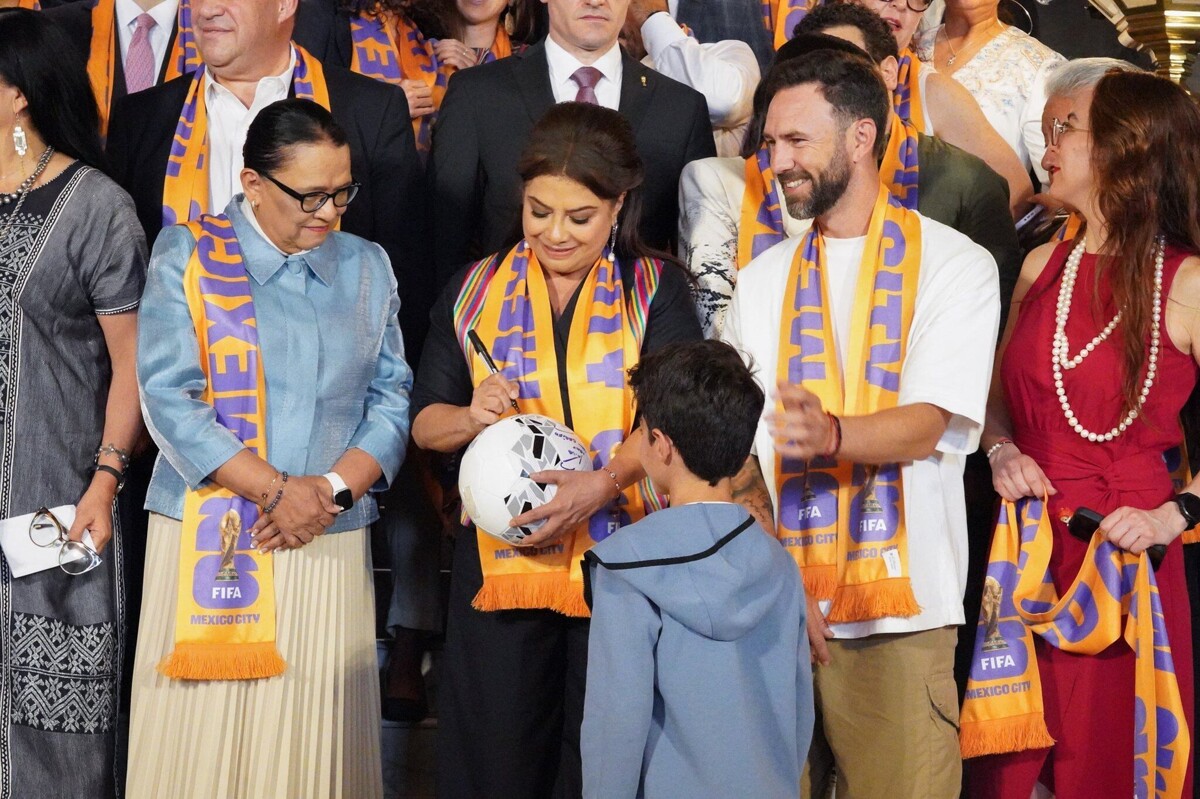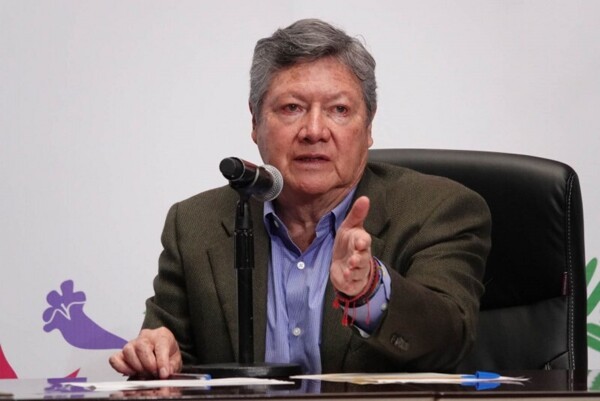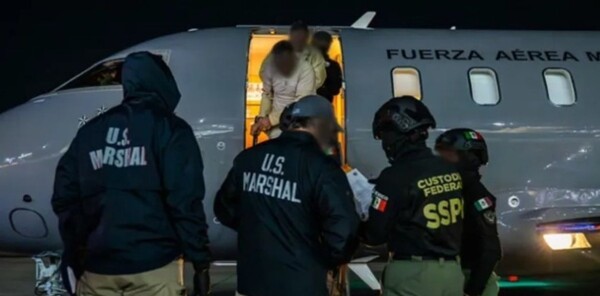
Three thousand 500 years ago, the ball game emerged in Mexico, representing the struggle of opposing forces in the universe, its harmony and balance. Since then, this tradition has been reclaimed as a celebration that unites cultures, languages, and nations. Mexico City is preparing to host the 2026 World Cup under the slogan 'a World Cup with fair play and a just society.'
Clara Brugada, Head of Government of Mexico City, underscored the city's commitment to remain a seat of freedoms, respectful of human rights, diverse, feminist, cosmopolitan, and fraternal. Various actions and works have been prepared to leave a lasting legacy to the city's inhabitants, including urban regeneration, water guarantee, cultural programs, and new mobility routes.
Mexico City is transforming for the World Cup, with the introduction of new transport routes, renovated public spaces, comprehensive lighting, improvements in public transport, and renewed tourist programs. It also focuses on security with an expansion of the video surveillance network and plans sporting and cultural events to celebrate the arrival of the World Cup.
Rosa Icela Rodríguez, Secretary of Federal Government, highlighted the historical importance of the 2026 World Cup for Mexico and Mexico City in particular. In collaboration with the city government, there is an effort to project Mexican culture and hospitality to the world, showcasing an inclusive and joyful country. Sport is celebrated as a tool for social transformation and peacebuilding.
Estadio Azteca has been significantly renovated to enhance the fan experience, with an investment of over 2 billion pesos. All of this, along with the various actions and preparations, makes Mexico City ready for the 2026 World Cup, where the aim is to honor its roots and celebrate football passion in an event that unites the entire world.













